Endoscopy Treatment in Mumbai, India
Endoscopy treatment in Mumbai, India, has become a vital tool in modern gastroenterology, enabling doctors to visualize the digestive tract with remarkable clarity, without the need for major surgery. From diagnosing unexplained abdominal pain to treating complex gastrointestinal disorders, it offers precision, safety, and quicker recovery.
When it comes to gastrointestinal endoscopy in Mumbai, Dr. Vipulroy Rathod stands out as a pioneer and trusted authority. With decades of experience and a track record of thousands of successful procedures, he blends advanced techniques with meticulous care. Patients from across India and abroad seek his expertise for accurate diagnosis and minimally invasive treatment, knowing they are in capable hands backed by years of innovation in the field.
Here’s how modern endoscopy is changing treatment.
Advanced Endoscopic Procedures in Mumbai
Dr. Vipulroy Rathod, a leading endoscopist in Mumbai, offers an extensive range of advanced diagnostic and therapeutic procedures, each tailored to ensure the best possible outcomes.
Diagnostic Procedures
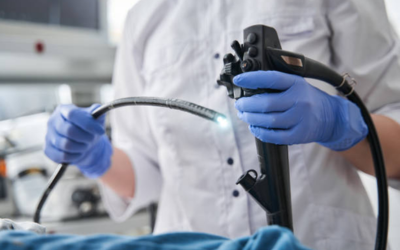
Diagnostic Endoscopic Ultrasound (EUS)
Produces detailed images of the digestive tract and surrounding organs to detect tumors, cysts, stones, or inflammation at an early stage.
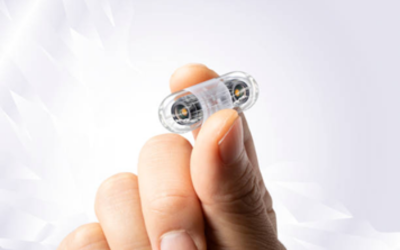
Capsule Endoscopy
A swallowable camera pill that captures images of the small intestine to detect obscure bleeding, Crohn’s disease, and other hidden conditions.
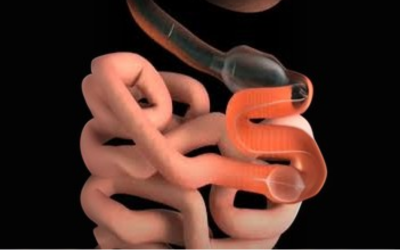
Double-Balloon Enteroscopy
Reaches deep into the small intestine to detect and treat bleeding, blockages, or tumors in areas inaccessible to standard scopes.
Therapeutic & Interventional Procedures
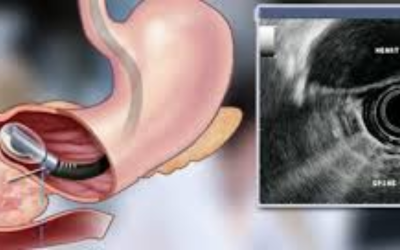
Interventional Endoscopic Ultrasound
Goes beyond diagnosis to perform treatments such as draining fluid collections, relieving obstructions, or delivering targeted therapy without open surgery.
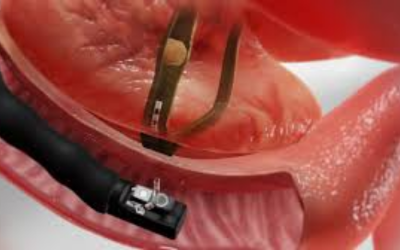
Endoscopic Retrograde Cholangiopancreatography (ERCP)
Combines endoscopy and X-ray to diagnose and treat bile duct or pancreatic duct blockages, stones, and strictures in one session.
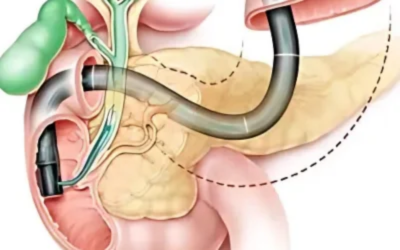
SpyGlass Cholangioscopy
Direct, high-definition visualization of bile ducts for precise diagnosis and targeted treatment of stones, tumors, or strictures.
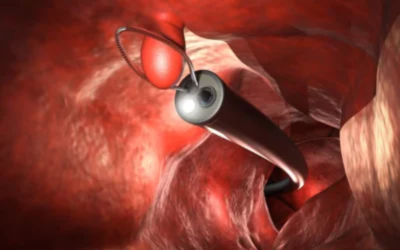
Endoscopic Mucosal Resection (EMR)
Removes early-stage tumors or abnormal tissue from the inner lining of the digestive tract, preserving healthy tissue and avoiding the need for major surgery.
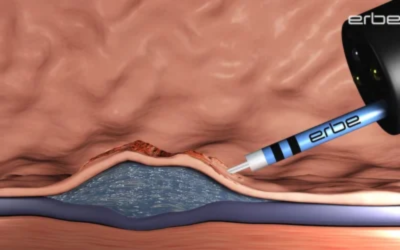
Endoscopic Submucosal Dissection (ESD)
Enables the complete removal of large or early-stage cancerous growths in one piece, thereby lowering the risk of recurrence and avoiding the need for open surgery.
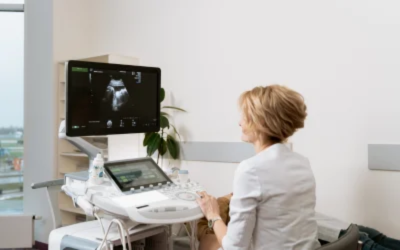
Endoscopic Fine Needle Aspiration (FNA)
Collects tissue or fluid samples from deep within the body for accurate, minimally invasive diagnosis of cancers and other conditions.
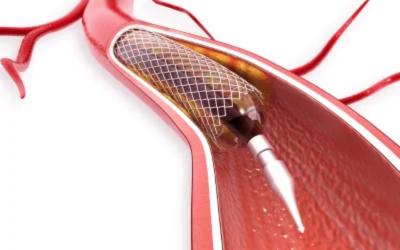
Endoluminal Stenting
Places self-expanding stents to open narrowed areas in the esophagus, stomach, or intestines, restoring normal function quickly.
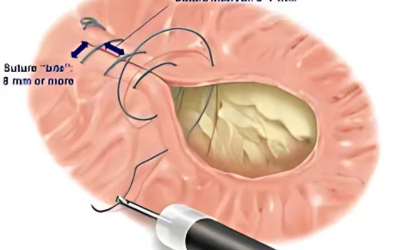
Endoscopic Suturing
Uses advanced tools to place stitches inside the gastrointestinal tract, often for closing defects or securing medical devices.
Motility Disorder Treatments
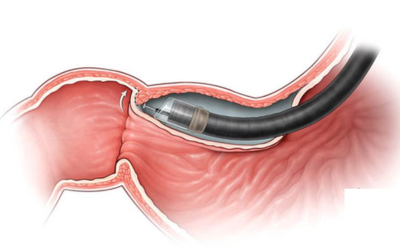
Peroral Endoscopic Myotomy (POEM)
Treats swallowing disorders like achalasia by relaxing tight esophageal muscles from within.
Bariatric & Weight-Loss Procedures
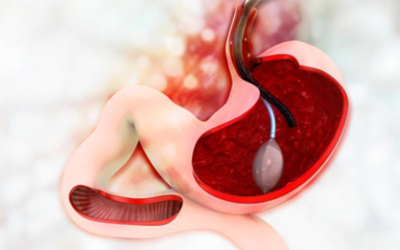
Endoscopic Bariatric Therapies
Non-surgical weight-loss solutions, such as gastric balloon placement, help patients reduce weight and improve their metabolic health without requiring incisions.
Reflux Disease Treatments
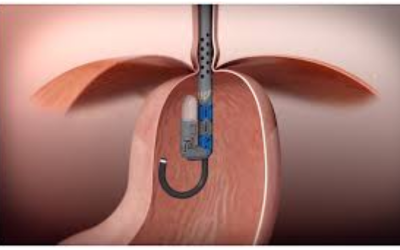
Transoral Incisionless Fundoplication (TIF)
Treats chronic acid reflux (GERD) by reconstructing the valve between the esophagus and stomach without external cuts.
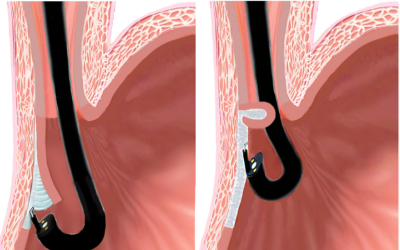
Antireflux Mucoplasty (ARMS) –
Reshapes the esophageal lining to reduce reflux symptoms and improve swallowing comfort.
Schedule an appointment with an expert endoscopist for accurate diagnosis using advanced technology
Which health problems can endoscopy actually help with?
Medical Conditions Diagnosed and Treated Through Endoscopy
Here are some common conditions managed through advanced endoscopic care:
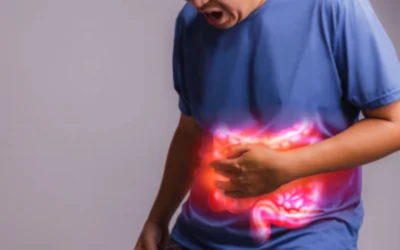
Gastroesophageal Reflux Disease (GERD)
A condition where stomach acid frequently flows back into the esophagus, causing heartburn and discomfort. Endoscopic therapies, such as TIF or ARMS, can correct the underlying cause and reduce symptoms.
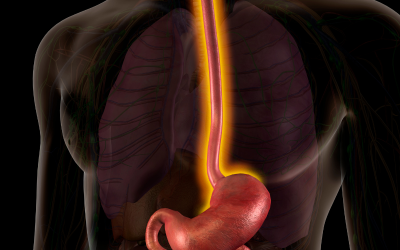
Barrett’s Esophagus
A change in the esophageal lining caused by long-term acid reflux may increase cancer risk. Endoscopy enables early detection and treatments, such as Radiofrequency Ablation, to prevent disease progression.
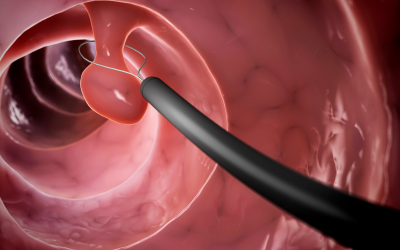
Gastric and Colorectal Polyps
Abnormal growths on the lining of the stomach or colon. While many are harmless, some can turn cancerous; endoscopy can remove them completely before that happens.
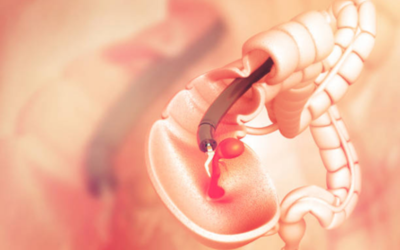
Peptic Ulcers
Painful sores in the stomach or duodenum that can bleed or perforate. Endoscopy can confirm the diagnosis, stop bleeding, and guide further treatment.

Esophageal Strictures
Narrowing of the esophagus due to scarring or disease, leading to swallowing difficulties. Endoscopic dilation or stenting can restore the normal passage of food.

Hiatal Hernia
When part of the stomach pushes up into the chest through the diaphragm, it is often linked with severe reflux. Endoscopy helps assess severity and plan repair.
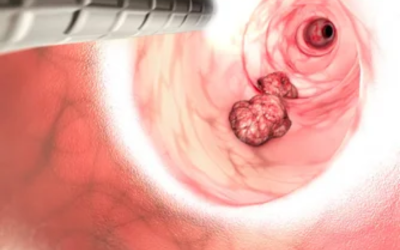
Esophageal and Gastric Cancers
Early cancers can be removed endoscopically, offering treatment without open surgery, while advanced cases benefit from precise diagnosis and staging.
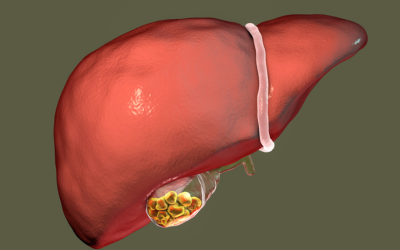
Gallstones and Bile Duct Disorders
Stones or strictures in the bile ducts can cause pain, jaundice, and infection. Endoscopic methods, such as ERCP or SpyGlass, can remove obstructions and restore normal flow.
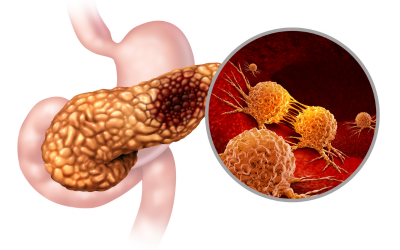
Pancreatic Cysts and Tumors
Fluid-filled sacs or growths in the pancreas may be harmless or malignant. Endoscopic ultrasound with fine-needle aspiration aids in accurate diagnosis and treatment planning.
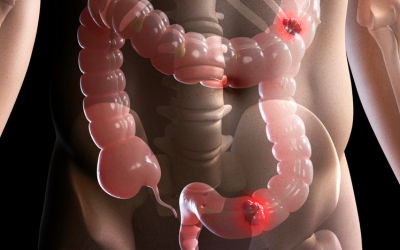
Inflammatory Bowel Disease (IBD)
Conditions like Crohn’s disease and ulcerative colitis cause chronic inflammation of the digestive tract. Endoscopy is crucial for monitoring disease severity and guiding treatment.
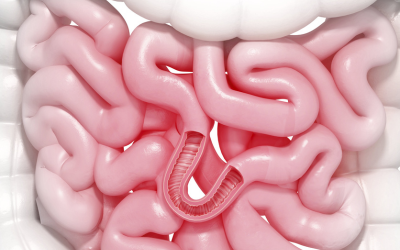
Small Intestine Bleeding
Hidden bleeding sites can be pinpointed with capsule endoscopy or double-balloon enteroscopy and treated immediately.
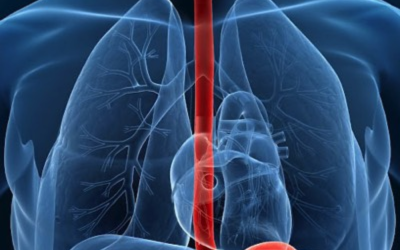
Achalasia and Other Motility Disorders
A problem where the esophagus cannot move food properly into the stomach. POEM and other advanced endoscopic techniques can effectively relieve symptoms.
Check out the different types of endoscopy procedures available
Types of Endoscopy Procedures Available
Depending on the health condition and the part of the body being examined, different types of advanced endoscopy are used. Here are the main ones available for endoscopy treatment in Mumbai, India:
1. Upper Gastrointestinal (GI) Endoscopy
When doctors need to examine the esophagus, stomach, and upper part of the small intestine, this is the go-to method. It helps detect ulcers, inflammation, tumors, and causes of unexplained bleeding.
2. Colonoscopy
This procedure checks the large intestine for issues like polyps, colorectal cancer, inflammation, or unexplained bowel symptoms. Polyps can also be removed during the same procedure.
3. Endoscopic Retrograde Cholangiopancreatography (ERCP)
Used to diagnose and treat problems in the bile ducts, gallbladder, and pancreas. ERCP can help remove gallstones, place stents, or take tissue samples for diagnosis.
4. Endoscopic Ultrasound (EUS)
Combines endoscopy with ultrasound to get detailed images of the digestive tract and surrounding organs. It’s useful for assessing tumors, cysts, and staging cancers.
5. Capsule Endoscopy
Involves swallowing a tiny camera capsule to capture images of the small intestine, helping diagnose bleeding, inflammation, or tumors in areas standard scopes can’t reach.
6. Sigmoidoscopy
Focuses on the lower part of the large intestine (sigmoid colon) to detect polyps, inflammation, or early signs of colorectal cancer.
Here’s why thousands place their trust in Dr. Vipulroy Rathod
Why Patients Choose Dr. Vipulroy Rathod for Endoscopy Treatment
Choosing the right medical professional for polypectomy is crucial, and patients value experience, safety, and compassionate care. This is why most patients prefer Dr. Rathod for colon polyp removal in Mumbai:
Renowned gastroenterologist in Mumbai, India, with over 30 years of experience in treating complex digestive disorders.
Specializing in advanced endoscopic procedures for accurate diagnosis and minimally invasive treatment.
International training and exposure to global best practices in gastroenterology.
Uses the latest high-definition endoscopic equipment for precise and safe results
Known for high diagnostic accuracy, enabling timely and effective treatment planning.
Offers patient-centric care, ensuring comfort, clear communication, and thorough follow-up.

Frequently Asked Questions
Disclaimer: The information shared in this content is for educational purposes and not for promotional use.
